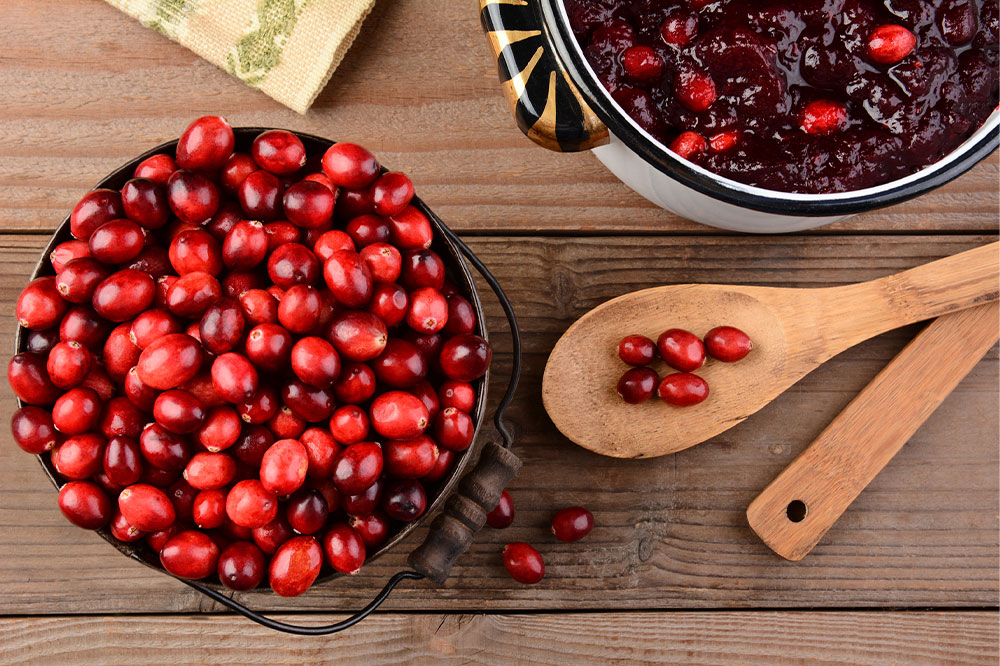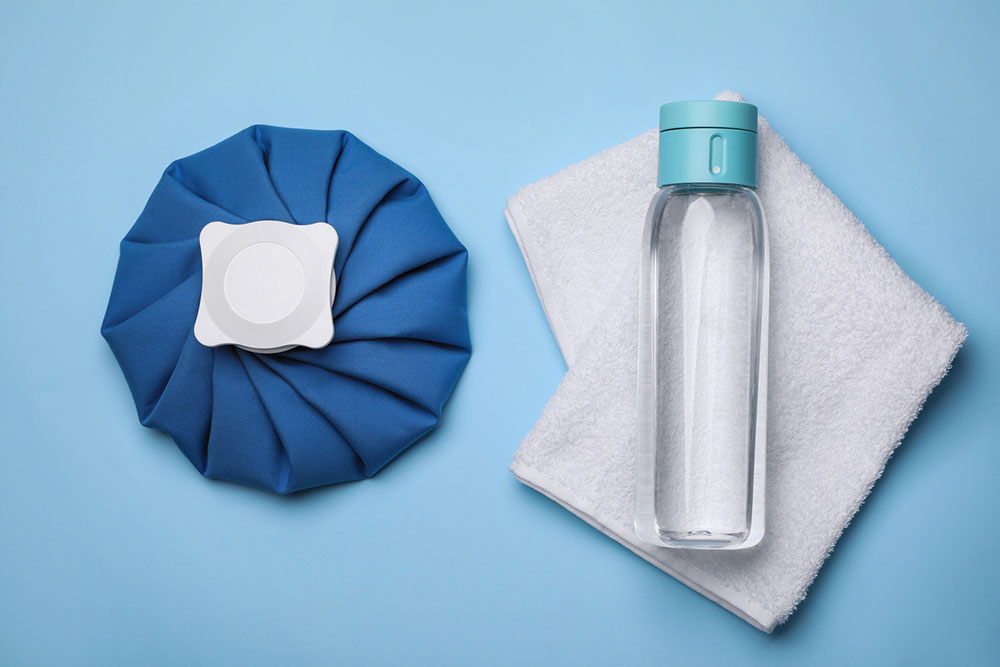5 Home Remedies For Migraine Headaches

Since ages, people all over the world have used a collection of home remedies to ease the symptoms of migraines. Many of these remedies have stood the test of time as they are safe, easily available, and effective in treating the painful and uncomfortable condition. While there are numerous over-the-counter medications available for treatment, there are also remedies to help you cope with this condition naturally: Use an ice pack Using cold therapy is an age-old method to get relief from migraine headaches. It is one of the most effective home remedies you can use for the treatment of this condition. Applying an ice pack can help lessen the throbbing pain. Studies have found that applying an ice pack for 15 to 20 minutes can relieve discomfort and pain caused by migraine. Alternatively, you can wrap a few ice cubes in a piece of cloth and use it as a neck wrap to reduce the pain. Regardless of whether you are experiencing dull or intense pain, you can use this easy and safe home remedy to get relief. Use butterbur For ages, people have used butterbur root extract for the treatment of migraine. This traditional herbal remedy is believed to significantly lower the intensity of headaches, and this plant extract can reduce the frequency at which the headaches occur.






